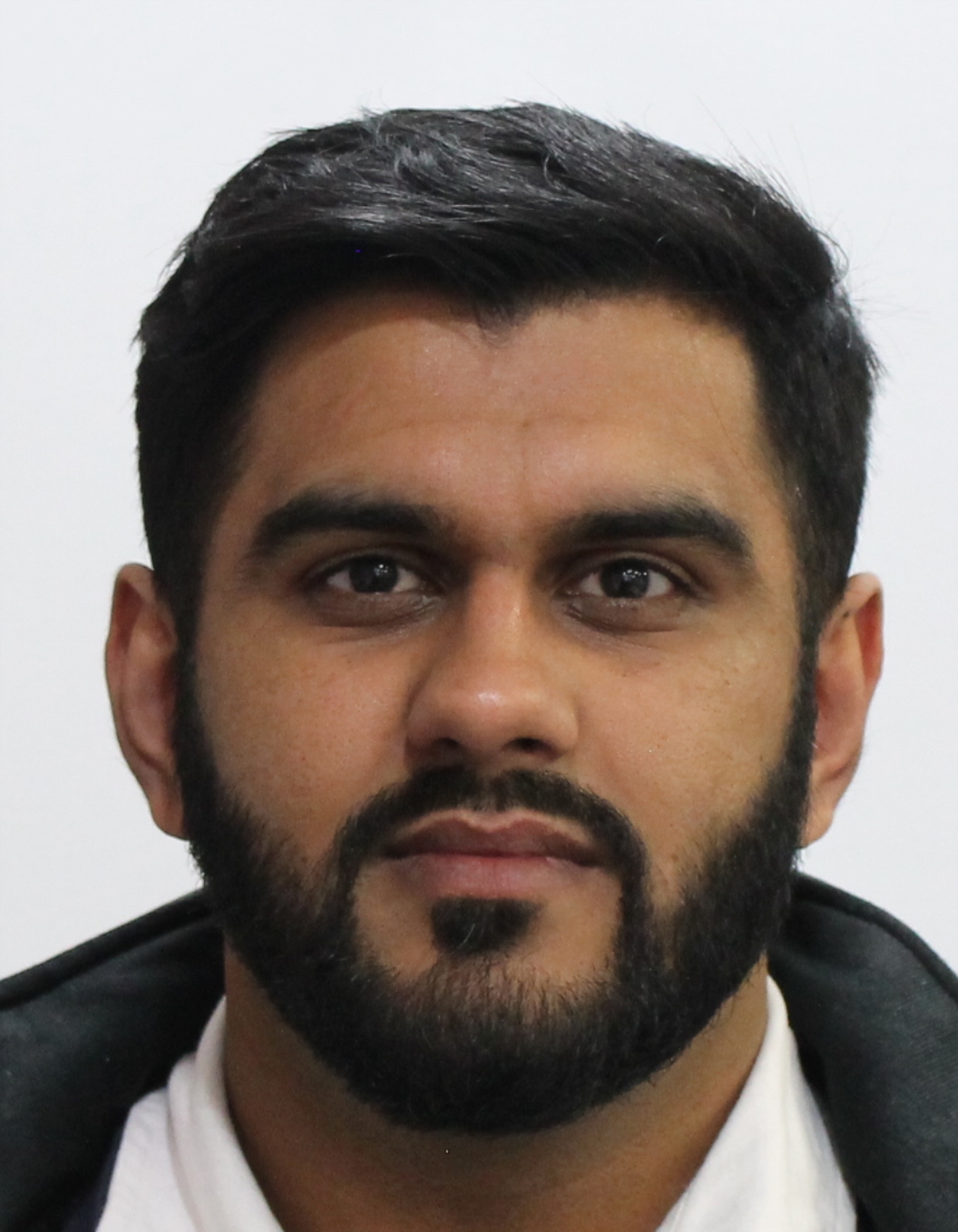
What is your current role and responsibility?
I’m a Traffic Systems Engineer at Department for Infrastructure and Transport, and responsible for assisting with the monitoring and review of traffic signal operations on the road network using advanced traffic management systems such as SCATS and SIDRA modelling.
My key responsibilities include:
- Management and planning of traffic network to ensure an efficient traffic flow
- Writing new and amended program changes for signalised intersections, T-junctions, and pedestrian crossings.
- Reviewing and amending traffic drawing plans to reflect any changes on site
- SIDRA, LinSig, and Transyt modelling to determine effective signal sequences
- Draft briefings, reports and ministerial correspondence
- Contribute as required to Freedom of Information (FOI) requests
What do you like most about what you do?
Being able to have an impact on society by making meaningful decisions based on our transport networks’ demand. I am in a position to make meaningful changes to our traffic lights system in order to satisfy the concerns of the public.
What is the achievement you are most proud of?
Delivered the Grand Junction Road, Hampstead Road and Brien’s Road Intersection Upgrade, which had a project cost of $19 million.
Is there any experience from your time at Flinders that has had a lasting impact on you professionally or personally?
had a keen interest in Transport Engineering during my studies at Flinders University. So much so, I did my final year’s Honours project on Transport Modelling. It was this passion and opportunity that allowed me to find employment in the Transport industry. Further, my time at ARTC as an undergraduate provided me with skills that have had a lasting impact on me professionally. I developed knowledge of the rail industry, and project management skills and demonstrated sound knowledge of dealing with stakeholders.
What do you think engineering will look like in 30 years?
The future of engineering is hard to predict, but some trends suggest that artificial intelligence, automation, renewable energy, and smart infrastructure will play a significant role. Especially in my current role, we are always looking at seeking technology-driven solutions to smart infrastructure. Climate change and environmental issues will also drive innovation in sustainable engineering practices.
What advice do you have for your younger self, or for students beginning an engineering career?
For students beginning their careers in engineering, I would advise them to work hard, stay curious, and develop their skills and knowledge continuously. It is essential to build a strong professional network, seek mentors, and actively seek opportunities for personal and professional growth.
For my younger self, I would advise taking risks, being confident in my abilities, and not being afraid to fail. Every failure is an opportunity to learn and grow.

